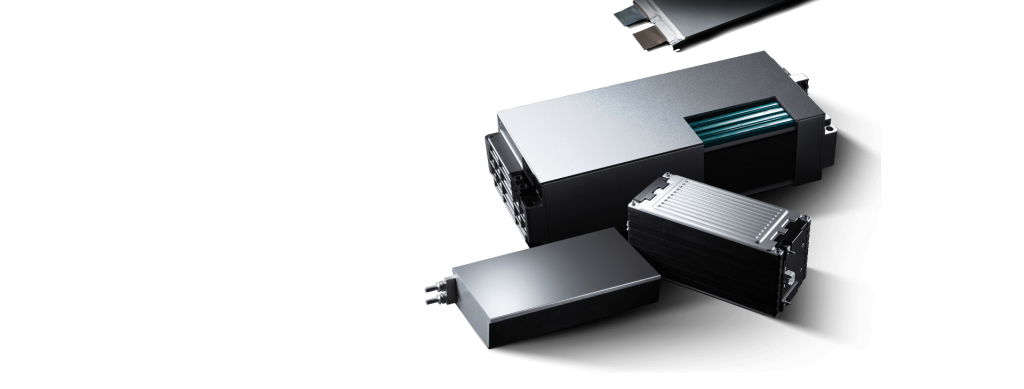The automotive industry continues to be a hotbed of patent innovation. The industry is increasingly adopting solar-diesel hybrids due to government regulations, rising fuel costs, environmental concerns, and advancements in solar technology. These hybrids can reduce emissions, save fuel, and be more efficient, practical, and cost-effective. Researchers are developing more efficient solar panels, lighter, and more durable panels, as well as more efficient battery storage systems and integrated charging systems. The increasing electrification of the automotive fleet and the development of new mobility services are also driving innovation in solar-diesel hybrids. The automotive industry is exploring the latest solar-diesel hybrid technologies, including perovskite solar cells, tandem solar cells, integrated solar-diesel hybrid charging systems, and lightweight and flexible solar panels. Perovskite solar cells are more efficient and affordable than traditional silicon cells, while tandem solar cells have achieved efficiencies more than 30%. Integrated solar-diesel hybrid charging systems extend driving range but add weight and cost. In the last three years alone, there have been over 1.7 million patents filed and granted in the automotive industry, according to GlobalData’s report on Environmental sustainability in automotive: solar-diesel hybrids. Buy the report here.
According to GlobalData’s Technology Foresights, which uses over one million patents to analyze innovation intensity for the automotive industry, there are 300+ innovation areas that will shape the future of the industry.
Solar-diesel hybrids is a key innovation area in environmental sustainability
Solar-diesel hybrids are systems that combine solar power technology with diesel generators. This hybrid power generation system reduces overall fuel consumption, decreases greenhouse gas emissions, and improves power supply reliability.
GlobalData’s analysis also uncovers the companies at the forefront of each innovation area and assesses the potential reach and impact of their patenting activity across different applications and geographies. According to GlobalData, there are 30+ companies, spanning technology vendors, established automotive companies, and up-and-coming start-ups engaged in the development and application of solar-diesel hybrids.
Key players in solar-diesel hybrids – a disruptive innovation in the automotive industry
‘Application diversity’ measures the number of applications identified for each patent. It broadly splits companies into either ‘niche’ or ‘diversified’ innovators.
‘Geographic reach’ refers to the number of countries each patent is registered in. It reflects the breadth of geographic application intended, ranging from ‘global’ to ‘local’.
Patent volumes related to solar-diesel hybrids
Source: GlobalData Patent Analytics
Toyota Motor is one of the top patent filers in solar-diesel hybrids. Their latest patent focuses on a solar EV system, which uses solar panels, a battery management system, and sensors to generate electricity from sunlight. Hyundai Motor and Kia are some other key patent filers in this space. Toyota's investment in solar-diesel hybrid technology is paying off, with the company selling more hybrids than any other automaker in 2022. The market for solar-diesel hybrids is expected to grow rapidly due to government incentives, rising fuel costs, environmental concerns, and solar technology advancements.
In terms of application diversity, Compagnie de Saint-Gobain leads the pack, while IdentiFlight International and Porsche Automobil stood in the second and third positions, respectively. By means of geographic reach, IdentiFlight International held the top position, followed by Berkshire Hathaway and Makani Technologies.
To further understand the key themes and technologies disrupting the automotive industry, access GlobalData’s latest thematic research report on Sustainability in Automotive.
Data Insights
From

The gold standard of business intelligence.
Blending expert knowledge with cutting-edge technology, GlobalData’s unrivalled proprietary data will enable you to decode what’s happening in your market. You can make better informed decisions and gain a future-proof advantage over your competitors.







